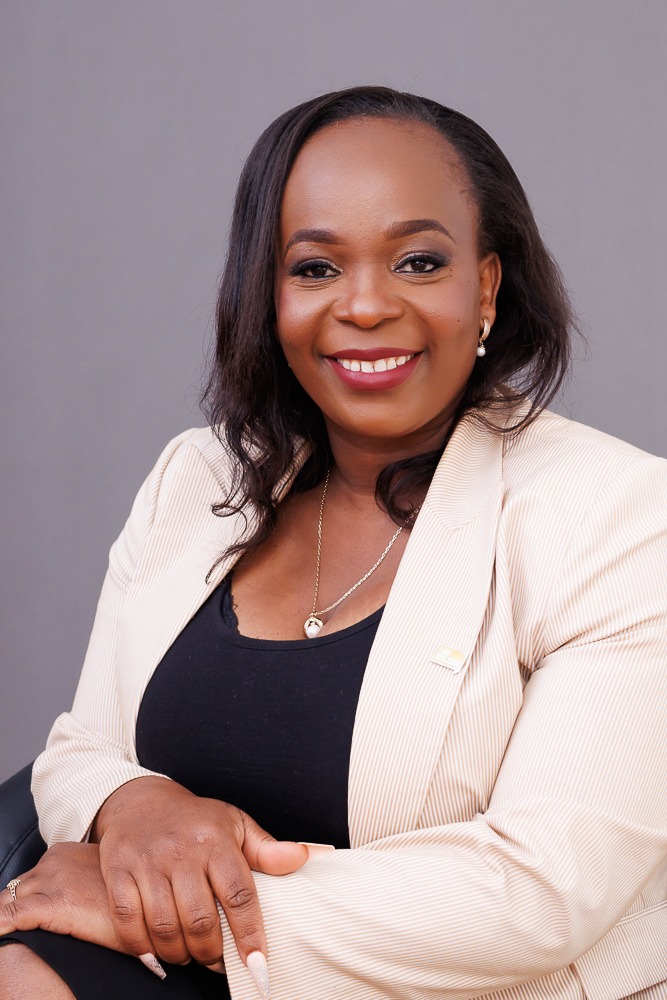 Esther Muchiri Wamai, Founder and CEO of Bloom Dyslexia Centre/FILE
Esther Muchiri Wamai, Founder and CEO of Bloom Dyslexia Centre/FILE
The two-day event, set for August 20–21 at the Kenya Institute of Special Education (KISE), will run under the theme “Rewriting the Neurodiversity Narrative: From Stigma to Strength.”
Organised by Bloom Dyslexia Centre in partnership with the Kenya Institute of Special Education, Dyslexia Organization Kenya, Dyslexia Tanzania, Africa Dyslexia Organization (Ghana), Black Literacy Matters (USA) and other partners, DRAC25 is expected to draw more than 300 delegates from Africa and beyond.
The conference will bring together policymakers, educators, researchers, corporate leaders, technology innovators, parents, and young people to confront one of the continent’s most neglected challenges — learning differences such as dyslexia.
Globally, dyslexia is among the most common learning differences, affecting up to 15% of school-aged children.
In Africa, however, limited awareness, scarce diagnostic resources, and insufficient teacher training leave many learners unidentified and unsupported.
The result is stigma, poor academic outcomes, school dropouts, and restricted economic opportunities.
“In Kenya and across Africa, dyslexia remains poorly understood and severely underdiagnosed. Only a fraction of children who need help ever receive it, leaving countless learners at risk of falling through the cracks,” said Esther Muchiri Wamai, Founder and CEO of Bloom Dyslexia Centre.
She added: “Across Africa, millions of children and adults face systemic barriers because of how their brains process language. Too often, this leads to stigma, school dropout and underemployment. DRAC25 is about shifting the narrative from deficit to strength and embedding neurodiversity into policy, education and economic inclusion.”
What to Expect
The conference programme features keynote sessions on inclusive government policies, teacher training, family and community engagement, and the role of sports and technology in supporting learners.
Panel discussions will tackle stigma reduction, youth voices, mental health, workplace inclusion, and policy reform, while workshops and breakout sessions will give educators, parents and advocates practical tools on evidence-based literacy instruction, inclusive sports, and assistive technologies.
A key highlight will be the Inaugural Neurodiversity Inclusion Awards on August 21, hosted by Tonee Ndungu.
The awards will honour organisations, educators, advocates and young change-makers who are driving progress in inclusion and equity for neurodivergent individuals across Africa.
“These awards will shine a spotlight on innovation, courage and leadership in transforming systems for future generations,” Muchiri noted.
By convening regional and global experts alongside lived-experience voices, organisers say DRAC25 will mark a turning point in Africa’s approach to neurodiversity, catalysing education reform, policy action and workforce inclusion — and positioning the continent as a leader in harnessing every learner’s potential.

















